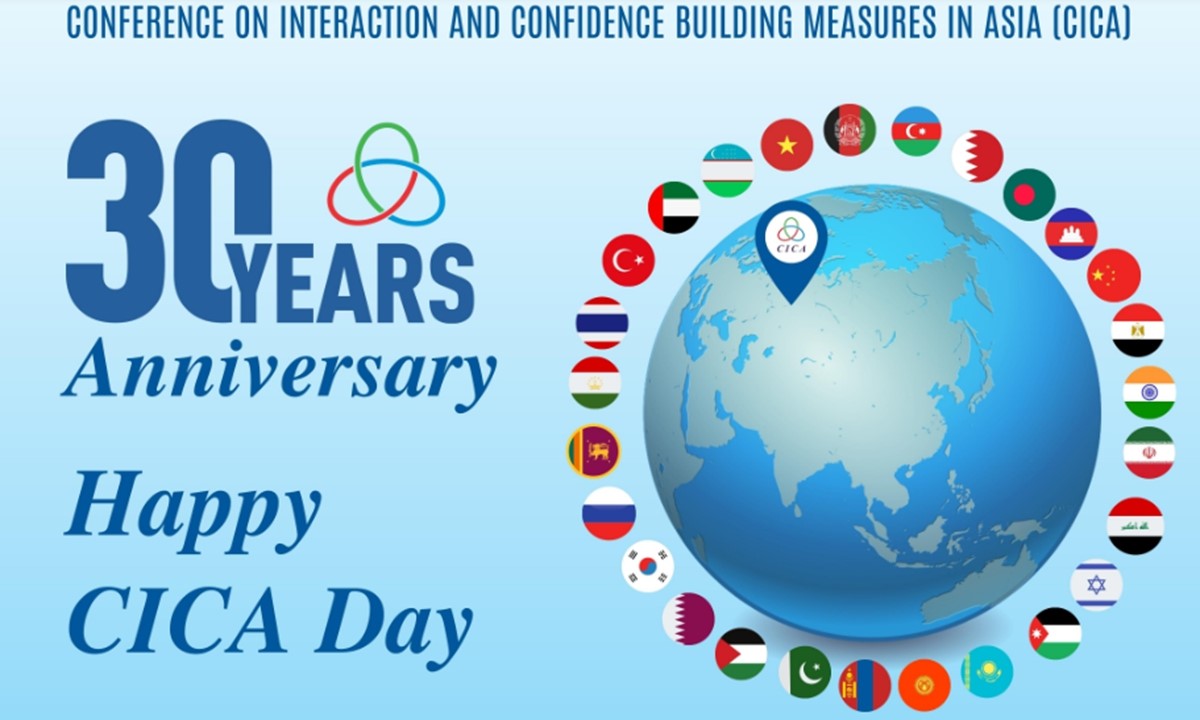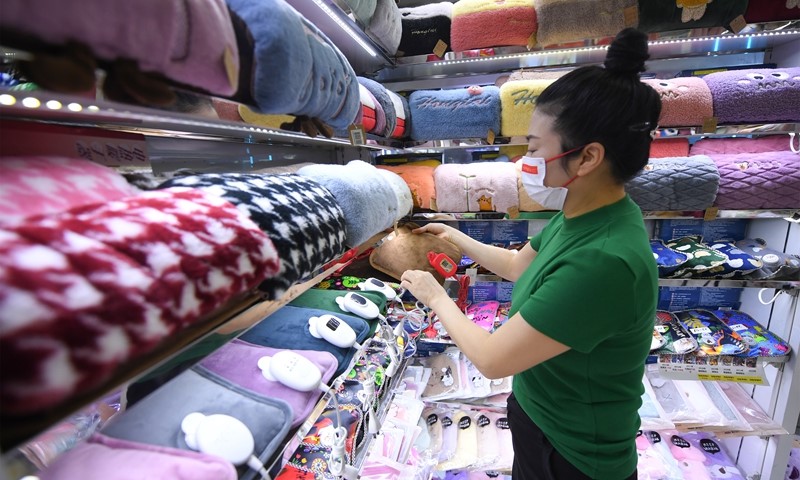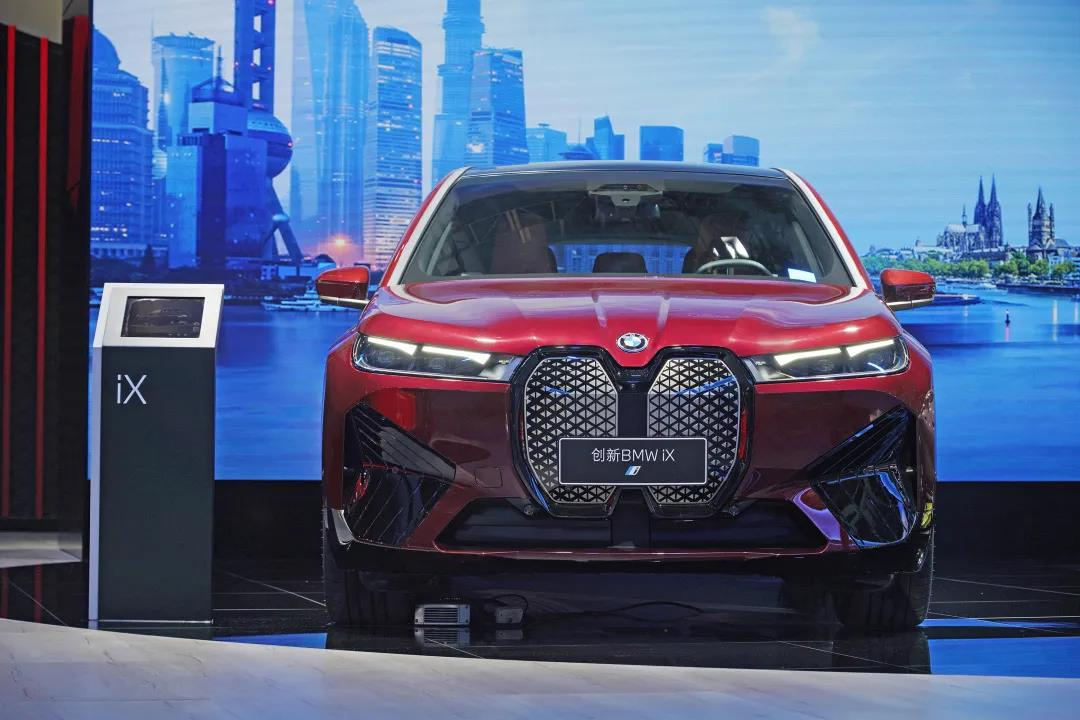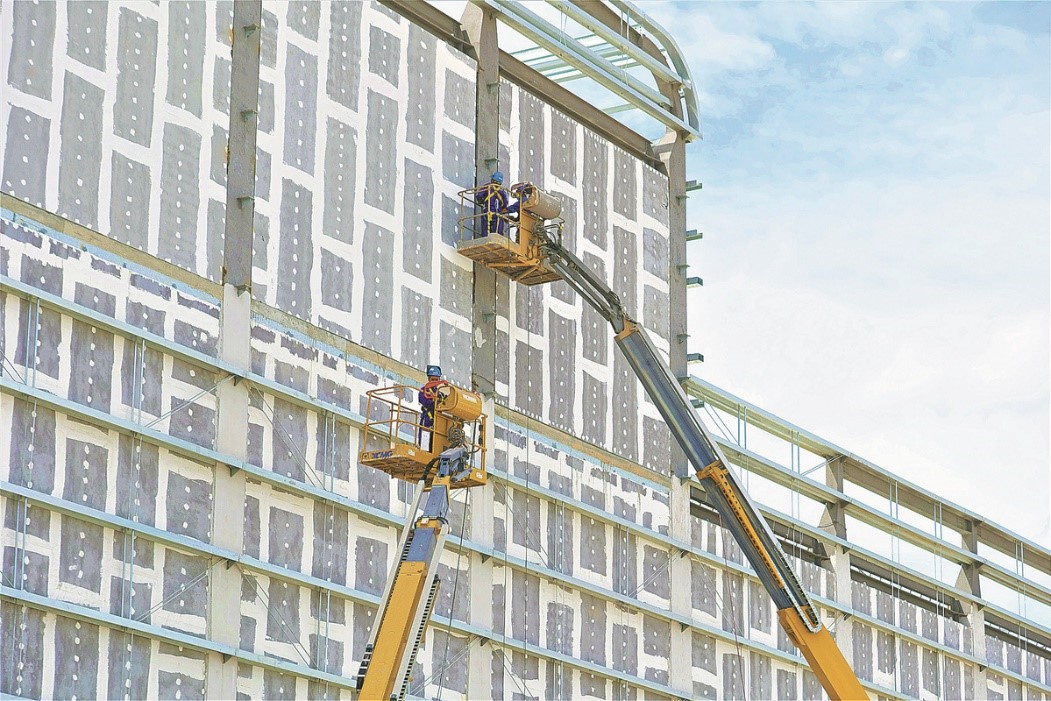1
China values CICA as multilateral platform to promote regional peace, development with VP attendance at summit, ‘expected to promote open, inclusive security concept
Amid renewed conflict and tension across Eurasia, the sixth Conference on Interaction and Confidence Building Measures in Asia (CICA) summit, an inter-governmental forum, is taking place on Wednesday and Thursday in Astana, capital of Kazakhstan, where topics concerning regional security and development are expected to top the agenda. At the invitation of the government of Kazakhstan, which holds the presidency of the CICA, Chinese Vice President Wang Qishan is leading a delegation to Kazakhstan and is attending the Sixth CICA Summit in Astana from October 12 to 13, according to Chinese Foreign Ministry spokesperson Mao Ning. Chinese observers believe that Wang's attendance, as one of senior Chinese leaders, reflects the great significance that China attaches to the multilateral platform for promoting regional security, peace and development, and its ties with Central Asia. This shows that under the special international situation with profound changes unseen in a century, China hopes to continue to strengthen mutual trust on security with other Asian countries, Zhang Hong, an associate research fellow at the Institute of Russian, Eastern European & Central Asian Studies of the Chinese Academy of Social Sciences, told the Global Times on Wednesday. China has developed close ties with Central Asia. Last month, Chinese President Xi Jinping visited Kazakhstan and Uzbekistan, the largest economies in the region, to promote regional cooperation and advance bilateral ties, his first foreign trip since the pandemic started. The Astana Times reported on Wednesday that the sixth summit marks three major events - the 30th anniversary of CICA, the end of Kazakhstan's two-year chairpersonship in the conference, and the objective to transform the conference into a full-fledged organization. "In the context of new challenges and threats we hope to transform CICA into a full-fledged international organization at the upcoming summit in October in Astana to contribute to global mediation and peace-making," Kazakh President Kassym-Jomart Tokayev said during his speech at the 77th UN General Assembly in September. As this sixth summit of the CICA, a multilateral cooperation body, 11 presidents from Azerbaijan, Iraq, Iran, Qatar, Kyrgyzstan, Palestine, Russia, Tajikistan, Türkiye, and Uzbekistan. President of Belarus Alexander Lukashenko will participate as an observer and vice presidents of China and Vietnam will also attend the summit, according to spokesperson of the Kazakh Foreign Ministry Aibek Smadiyarov. The CICA has 27 member states encompassing nearly 90 percent of the territory and population of Asia, generating around two-thirds of global GDP. Nine countries and five multinational organizations, including the United Nations, have observer status, according to the Astana Times. Kazakhstan's Deputy Minister of Foreign Affairs Adil Tursunov said on October 5 that the summit will gather member states and international organizations to discuss cooperation measures to promote peace, security and stability in Asia, the Astana Times reported on October 6. Zhang said that over time, the CICA has evolved into a multilateral platform for strengthening security and prosperity in Asia. Unlike the Group of Seven (G7) which has become an exclusive bloc under the shadow of the US hegemony, the CICA stands for a different security concept reflecting true multilateral diplomacy, Zhang noted. At the summit, the Chinese delegation is expected to promote the security concept based on opening and inclusiveness, object to bloc politics and support multilateralism in a bid to enhance the mutual trust among Asian countries, the observer predicted. Hot-button issues including the Ukraine crisis and Afghanistan are likely to be covered, the observer said. Although Asian countries may have conflicts and differences due to historical and practical issues, and even enter into disputes, we should manage risks and differences through dialogue, and the CICA provides a platform for this, Zhang said. Three decades after the first summit, some analysts in the West questioned whether effective collective security structures can take root in Eurasia through this summit as the Ukraine crisis continues to escalate. The Diplomat said on Tuesday that the Russia-Ukraine conflict (Russia is a CICA member, Ukraine an observer) has complicated many of the political-economic structures in which Moscow is a member, but other difficulties exist too. In response, Chinese observers said that such doubts expose that so-called analysts view the CICA through a cynical lens and do not realize that the CICA is not a military bloc, but a platform for cooperation and exchange. As a non-Western platform, the CICA has always held the aspiration of Asian countries to maintain regional security, peace and development. Asian countries do not want their regional affairs to be left to the long-arm jurisdiction of the West, and Asian countries should make their own efforts, Zhang said. Media Source: Global Times
2 Chinese firms expand in Europe as orders for China-made heating products keep surging Europe faces a rising gap in fuel supplies in coming winter Chinese companies are ramping up production capacity in Europe, as local customers' demand for Chinese heating products ranging from electric carpets and heat pumps to heaters and hot-water bags have surged. Europe faces a rising gap in fuel supplies that could make the coming winter intolerably cold for many households. Electrical appliance manufacturing giant Midea Group plans to hold a groundbreaking ceremony for a heat pump base in Italy on Friday. With an investment of 60 million euros ($58.3 million), the base will open in the second quarter of 2024. The base will have production lines, support facilities and a research and development center, according to Midea. Some Chinese companies are also offering products tailored for the European market. Chinese fan-maker Jisu Technology, for example, recently launched an energy-saving fan for the European market, the Hangzhou Daily reported. European firms have been actively sourcing warming equipment from Chinese sellers in recent months to help get through the winter, as the region faces tight energy supplies after relations with Russia soured. Russia used to be Europe's biggest supplier of natural gas. According to a Reuters report recently, Europe needs to "pray for a mild winter" and reduce energy demand as deeper cuts to Russian fuel supply and other incidents could "make power rationing or blackouts all but inevitable." In the first eight months this year, Yiwu, a city in East China's Zhejiang Province that is also the world's largest wholesale market for small commodities, exported 190million yuan ($26.5 million) worth of heating equipment, such as air conditioners and electric blankets, up 41.6 percent on a yearly basis, according to data provided by Yiwu customs to the Global Times. Data provided by Chinese customs showed that in July, the EU imported about 1.29 million electric carpets from China, up nearly 150 percent from June. The energy crisis in Europe is boosting the heat pump market, Cheng Lin, general manager of MBT overseas business with Midea Group, said on Thursday in an online video conference, along with Europe's efforts to realize carbon neutrality. "There will be no problem for Midea to become the top three in terms of heat pump output in Europe in 2022," Liu Ligang, deputy general manager of MBT Clivet with Midea Group added. Heat pumps are becoming an important growth point for Midea Group, whose heat pump exports increased by 200 percent in the first eight months of this year. According to Cinda Securities, the European market for household heat pumps is set to reach 37.73 million units. With the addition of updated and industrial heat pumps, long-term demand is expected to exceed 40 million units which are valued at 400 billion euros. The market will grow at a compound annual rate of about 10 percent in the next five years, the investment bank said. Luo Lanxian, manager of a hot-water bag shop in Yiwu, told the Global Times on Thursday that orders from Europe were up about 20-30 percent this year." European customers used to be conservative in placing orders, but this year they're bolder," she said. Surging orders from Europe are supporting the share prices of some companies. For example, Caihong Group, which exports electric carpets, has seen its stock price rise by the daily limit of 10 percent eight times since September 20. Caihong said on Thursday that the company has earned about 210,000 yuan as of June for selling household heating products like electric carpets to overseas markets. Experts said that the rising popularity of Chinese "heating gadgets" is another example of Chinese private economy helping overseas households get through the energy supply crunch. "Without China, it's hard for Europe to find other sources to meet the mounting market demand, as factories elsewhere can't adjust supply chains as fast as China," Chen Jia, an independent research fellow on international strategy, told the Global Times. He said that Europe's energy crisis is accelerating demand for closer China-Europe trade cooperation, such as increasing exports of new-energy products from China to Europe, and strengthening the layout of domestic supply chains in Europe. Meanwhile in the past three months, the demand for thermos bottles rose 89 percent year-on-year and demand for blankets was up 31 percent on Alibaba's e-commerce platform, with major orders from Germany, Poland, the Netherlands, the UK and other European countries, according to statistics sent from Alibaba to the Global Times. Media Source: Global Times
3 CIIE viewed as must for German firms eyeing China market For Michael Borchmann, a former senior official in the German state of Hessen, it's clear that any company wanting to sell its products to the vast Chinese market can't afford to ignore the China International Import Expo, or CIIE. The fifth CIIE will be held in Shanghai from Nov 5-10 at the National Exhibition and Convention Center. And from the perspective of Borchmann, a former director of the European and International Affairs Department of the Hessen State Chancellery, there is no event like the CIIE anywhere else in the world. "It has gained such importance that no enterprises which want to sell their products can afford to ignore the CIIE and the attractive Chinese market," he told a conference in Frankfurt on Wednesday held by the Frankfurt office of the Shanghai Foreign Investment Development Board to promote the expo and Shanghai. More than 170 German companies participated in the fourth CIIE in Shanghai last year. And this year, 280 of the top 500 global companies will attend the 2022 edition, with 90 percent of these companies being repeat participants. Borchmann notes that the expo is not just a platform for global multinational companies, but also small and medium-sized enterprises. "CIIE is also a showcase for Shanghai, an ideal location for German businesses," said Borchmann, who has visited China 16 times. China has been Germany's largest trading partner for the past six years. China is the largest source of imports for Germany and the second-largest export destination, trailing the United States. Some 5,000 German companies operate in China. Top German automakers such as Mercedes-Benz, BMW and Volkswagen sell about 30-40 percent of their products in the Chinese market. Norbert Noisser, senior adviser for China at the Chamber of Commerce and Industry of Giessen-Friedberg, said that the CIIE is a strong signal for the opening of the Chinese domestic market to foreign investors. "Shanghai is the most important location for companies to invest in China," he said. "China is a driver for innovation, and an important partner with a huge domestic market. This opens great opportunities for German companies." Noisser notes that the pandemic and the Russia-Ukraine conflict, along with other pressures on global supply chains, have posed major challenges for companies, and he said these problems require international cooperation. He praised the conclusion of the negotiations of the Comprehensive Agreement on Investment between the European Union and China in December 2020 as an important step. He stressed that it will be especially important when the agreed words are allowed to be implemented, clearly referring to the European Parliament, which has been delaying the ratification of the bilateral investment deal. EU trade officials believe the agreement will bring more benefits to European companies in the vast Chinese market. Both Noisser and Borchmann applaud the huge progress achieved between Germany and China over the past 50 years of diplomatic relations, not just in trade and investment but also in wide-ranging people-to-people exchanges. Zhu Yi, vice-chair of the Shanghai Municipal Commission of Commerce, welcomes the participation of German companies in the CIIE and their investment in Shanghai. She said that Shanghai is dedicated to creating the most optimal business climate to facilitate investment and trade and with the most efficient government administration. "Shanghai is where you can feel the vibrancy of the industrial ecosystem. It is the most promising and viable market for you to explore business opportunities," she told Wednesday's conference via video link. Xue Feng, president of the Shanghai Foreign Investment Development Board, talked at length about Shanghai's business climate for foreign investors. He said that Shanghai's economy has been deeply integrated into global trade. "Innovation and inclusiveness have always been Shanghai's most distinctive characteristics," he said. Zhu Weige, the economic and commercial counselor of the Chinese Consulate General in Frankfurt, said that China-Germany relations have achieved huge progress in the past 50 years and will maintain their momentum despite some recent negative coverage by news media. "The CIIE this year will be of greater significance because it will be held at a time of the 50th anniversary of bilateral diplomatic ties between China and Germany and shortly after the 20th National Congress of the Communist Party of China," he said. He also welcomes visitors' participation in the Hongqiao Forum, an event held as part of the CIIE. The forum will explore the benefits of the Regional Comprehensive Economic Partnership, a trade agreement that went into effect in January, and the higher level of China's opening-up. Stefan Ress, of the German winemaker Balthasar Ress Weingut, whose products are already sold in China, shared his excitement about the huge interest among Chinese consumers in German wines, especially the Riesling variety. "We are aware of the importance of CIIE," he said, adding that his company is getting ready to participate in the Chinese import expo. Media Source: China Daily
4 BASF eyes new NPG factory in Guangdong German chemical giant BASF announced it will invest in a new Neopentyl Glycol (NPG) plant, with an annual production capacity of 80,000 metric tons, at its Zhanjiang Verbund site in South China's Guangdong province. The new NPG plant, which aims to support growing demand in China, demonstrates BASF's confidence in the country's economic prospects. "Investing in an NPG plant at the Zhanjiang Verbund site will enable us to support growing demand from customers in Asia, particularly in the field of powder coatings in China," said Vasilios Galanos, senior vice-president of Intermediates Asia-Pacific, BASF. "Leveraging the synergies arising from our unique Verbund model and top-notch technologies, we are confident that our investment in the NPG plant will enhance our competitive edge, mainly in China," he said, adding that China is the world's largest chemical market. After the new NPG plant comes on stream in the fourth quarter of 2025, BASF's global NPG capacity will be boosted from 255,000 tons to 335,000 tons annually, strengthening its position as one of the leading NPG manufacturers in the world, according to a press release from BASF. Currently, BASF has NPG production facilities in Ludwigshafen, Germany; Texas in the United States; as well as Nanjing, Jiangsu province, and Jilin, Jilin province in China, it said. Anup Pandey, director, business management, acids & polyalcohols, BASF Intermediates Asia-Pacific, said: "We are responding to the growing demand of Chinese customers for environmentally friendly powder coatings. We will step up construction of the new NPG plant to support the growth of our business partners, while expanding our footprint and sustaining our position as a leading supplier in this vast market." Boasting high chemical and thermal stability, NPG is an intermediate mainly used in the production of powder coating resins, which are particularly useful in the construction industry and for coating household appliances. Due to their low levels of volatile organic compounds (VOCs), powder coatings enable manufacturers to comply with VOC emission standards by reducing the release of VOCs by up to 50 percent compared to liquid coatings. Other applications of NPG include the manufacture of lubricants, plasticizers and pharmaceuticals. Guangdong province and BASF have vowed to jointly promote and accelerate the comprehensive construction of the Zhanjiang Verbund site project in the months to come after a high-level consultation meeting held in the province last month. The Guangdong provincial government promised to fully support BASF's investment and development in Guangdong, actively provide high-quality services in human resources, lifestyle logistics and other aspects, and provide a market-oriented, legal and international business environment for the project's construction. BASF will invest up to 10 billion euros ($9.7 billion) by 2030 to build the Verbund site, a benchmark project representing Sino-German cooperation. Meanwhile, BASF inaugurated its first plant at the Zhanjiang Verbund site earlier in September, indicating the mega project has been promoted with high efficiency and progress has been achieved. The new plant will produce 60,000 tons of engineering plastic compounds per year for customers in China, bringing BASF's total annual capacity of engineering plastics in the Asia-Pacific to 420,000 tons by 2023. BASF generated a sales volume of 78.6 billion euros worldwide in 2021. Media Source: China Daily